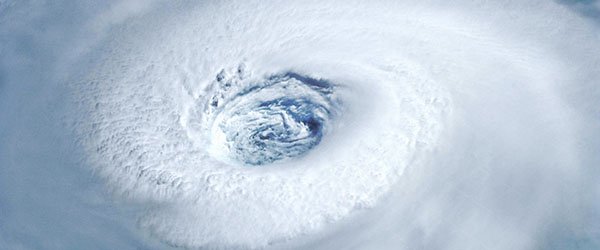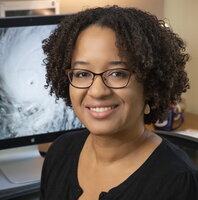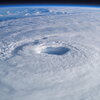

Tropical meteorology encompasses a diverse set of weather and climate processes occurring in the low latitudes, from the most benign trade wind cumuli to the most destructive weather phenomena - tropical cyclones. Researchers often depend on field campaigns, large and small, to learn more about phenomena over land and ocean due to its remoteness and lack of routine surface observations. Satellite data from visible, infrared, and microwave sensors are also key to monitor and understand processes on weather and climate scales over both land and ocean areas. Faculty, staff, and students in the department regularly participate in such campaigns, including locations such as Barbuda, western India, the Marshall Islands, Florida, St. Croix, Nepal, Sao Tome, and Mexico.
Our students analyze data from these campaigns and develop hypotheses about tropical circulations, from hurricanes to the Madden-Julian Oscillation and ENSO. They use computer models to investigate all scales of tropical weather and climate. Climate models are run to predict future climate change and perform climate diagnostic studies. Mesoscale computer models are run to investigate processes and the dynamics of tropical cyclones. Cloud-resolving models are used to investigate convective systems, precipitation processes, and the interactions between microphysical processes and storm dynamics. Large eddy simulations are used to investigate boundary layer structure and surface-atmosphere interaction.
Faculty working in Tropical Meteorology and Hurricanes







Related News
- When Hurricane Melissa made landfall in Jamaica as a Category 5 storm, it became the strongest hurricane on record to strike the island. The storm’s combination of slow movement and extreme...
- The Department of Atmospheric Sciences has a new name: The Department of Climate, Meteorology, & Atmospheric Sciences (CliMAS). The name change was approved by the University of Illinois Board of...
- Prof. Deanna Hence has been named a Lincoln Excellence for Assistant Professor (LEAP) Scholar within the College of Liberal Arts & Sciences. This distinguished award recognize’s Prof. Hence’...
- Hurricane Michael made landfall near Mexico Beach, Florida, as the first Category 4 storm in recorded history to reach shore in the northeast Gulf Coast. News Bureau physical sciences...




